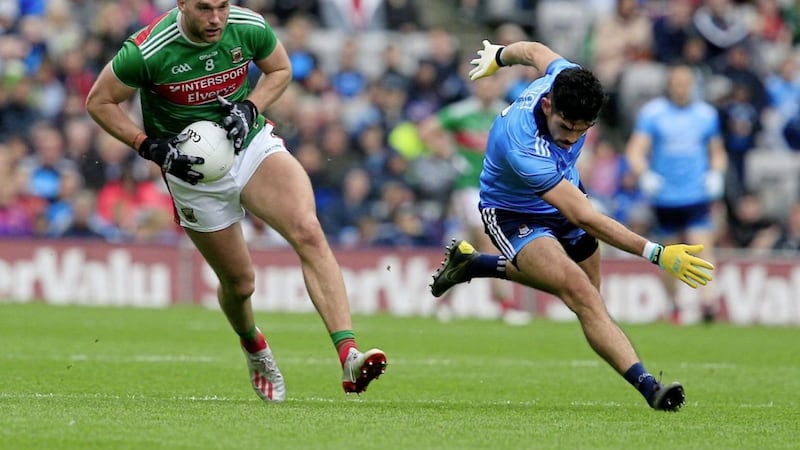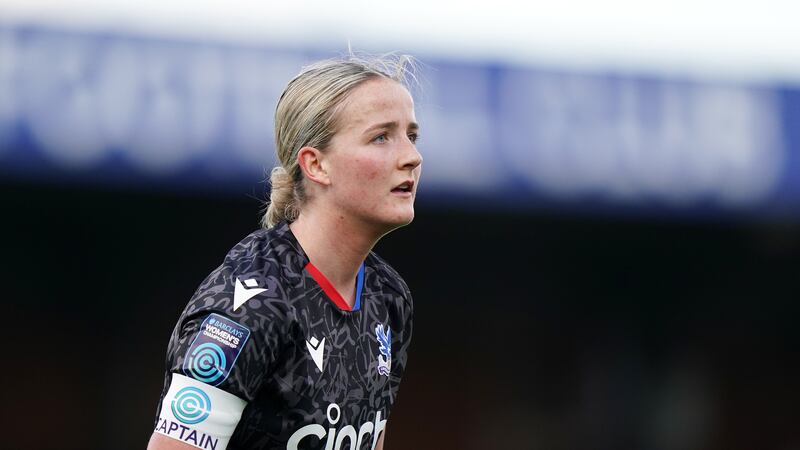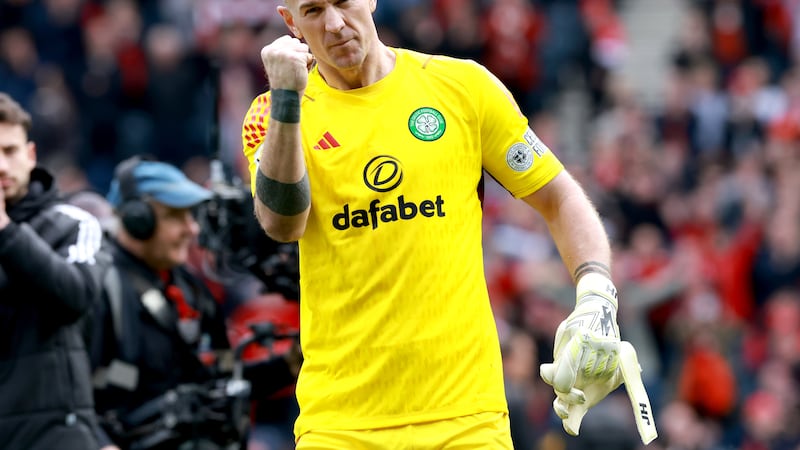I WAS relieved to hear the inter-county Championships were going ahead, planned to start in late October.
With the club currently front and centre, the short break will allow county panels to come together and get a bit of serious work done before embarking on the quite unique Championship knock-out competition.
It’s ironic really that both the club and county team preparations can now be limited to six weeks before the serious competitions start when the 'gun is put to their head' (to borrow a phrase).
In the past, had any team management started pre-season preparation six weeks before a National League or Championship, they would have been frog-marched from the county offices and given their P45.
Inter-county teams and those club teams operating at the highest levels are in training almost all year round now.
There might be a period of ‘active rest’ as it is now referred to, for a three or four-week period, but players are now being pressurised into committing to a training programme (or regime) that is 12 months long.
Manchester City and Liverpool and equivalent professional teams, operating at the highest levels of professional sport, with their huge budgets, are preparing their players for only four weeks in many cases before the start of their respective Championships.
The professionals understand the limitations of any athlete and apply a science to it.
The average GAA player has a full-time job and family commitments.
Yet, the culture we have created is one that is unbending and unforgivingly unrealistic of what a player can sustain without breaking down physically and, increasingly, emotionally during a career lacking anything near balance.
In more cases than I would care to name, our culture is one in which we use and abuse a player, while he breaks down in front of us over time.
In a normal year, we are expecting an inter-county player, operating in a senior club (or intermediate club given that there is an All-Ireland series for this too) to go from their club championship (normally ending in September) into an inter-county squad to begin a pre-season training programme in October.
Total and absolute madness.
The difference I suppose, and this has developed at pace in the last decade, is the filtering down of team preparations into club football structures.
With it goes the huge outlays and professional standards now expected from teams operating even as far down as Division Three in some counties.
What has been presented to us this year is a limited competition at club level - a few league games, however the priority has been to get club championships played.
Nobody can argue that this hasn’t been a success.
And despite the fact that many supporters couldn’t get into grounds up and down the country (which is farcical by the way), many have been able to see the game on streaming services or National TV.
I actually believe that we could also squeeze in the provincial Club Championships in January 2021 if the ‘will’ was there also.
Ideally, club football at provincial level would continue into October and be finished up by playing games consecutively, week after week.
But with the inter-county championship starting in late October and finishing before Christmas this may not be feasible, however surely we can use this model to plan a much more condensed season at both club and county level.
Surely there is no need to play games, at club or county level, in the muck and gutters in November, December, January and February period?
Splitting the season seems to be the only viable and agreeable way forward, this approach appearing to have the most grass-roots and committee support.
With the preparation going into players and teams now, Championship games being played week in week out is very realistic - in fact I would argue - players would welcome it.
It is the over-training of players and the constant preparation leading to walk-outs and broken bodies that is the major problem.
At both club and county level, there needs to be a complete and absolute sea change in how we prepare players and train them in ‘competition’.
I have said before, an All-Ireland inter-county championship played ‘ala’ the English Premiership with games spread from a Friday evening lasting through to a Sunday evening creates a festival of football over a given weekend.
A Sunday Game highlights programme can bring us the highlights via a Saturday or Sunday evening show with live games facilitated to, without affecting spectator numbers for some of those games not ‘live’.
In fact, for the fanatic, you could attend a game on a Friday, Saturday and Sunday if you so wished.
Any All-Ireland Championship could be run over a 8 to 10 week period easily using this model.
Players are already being prepared to professional standard and I would argue it is the sheer length of the season that is causing most consternation and damage to the modern player.
It is not the intensity of the games but the sheer unrealistic workload piled onto the players shoulders before and after the games month on month, year in year out.
Up until this pandemic I had viewed the GAA season over 12 months.
I think now in hindsight that I was looking at it totally wrong.
We should be looking at a season over eight months and excluding those months from November until February.
This includes all underage club, county and university competition.
We have to put the player at the centre of the conversation- their physical and mental wellbeing, this same rule applying to a 10-year-old in the same way as a 30-year-old.
If this pandemic has taught us anything, it is the fact that our games are needed more than ever from a community and parish perspective, if not from a physical perspective but a mental one.
It is a source of such huge interest and dictates the parochial and national conversation.
It is unique and it lifts entire parishes.
It has also taught us that we can fit an entire season into a matter of a few months without a huge run in period of ‘over the top’ preparation.
If we don’t change now – when?
If we don’t learn now – we are totally doomed from a financial perspective.
Our Association has arrived at our own cross-roads.
Covid-19 has brought us here.
I hope that the GAA will take the opportunity to take the correct road, the one staring them in the face.
The question then becomes, are they brave enough to do it?








